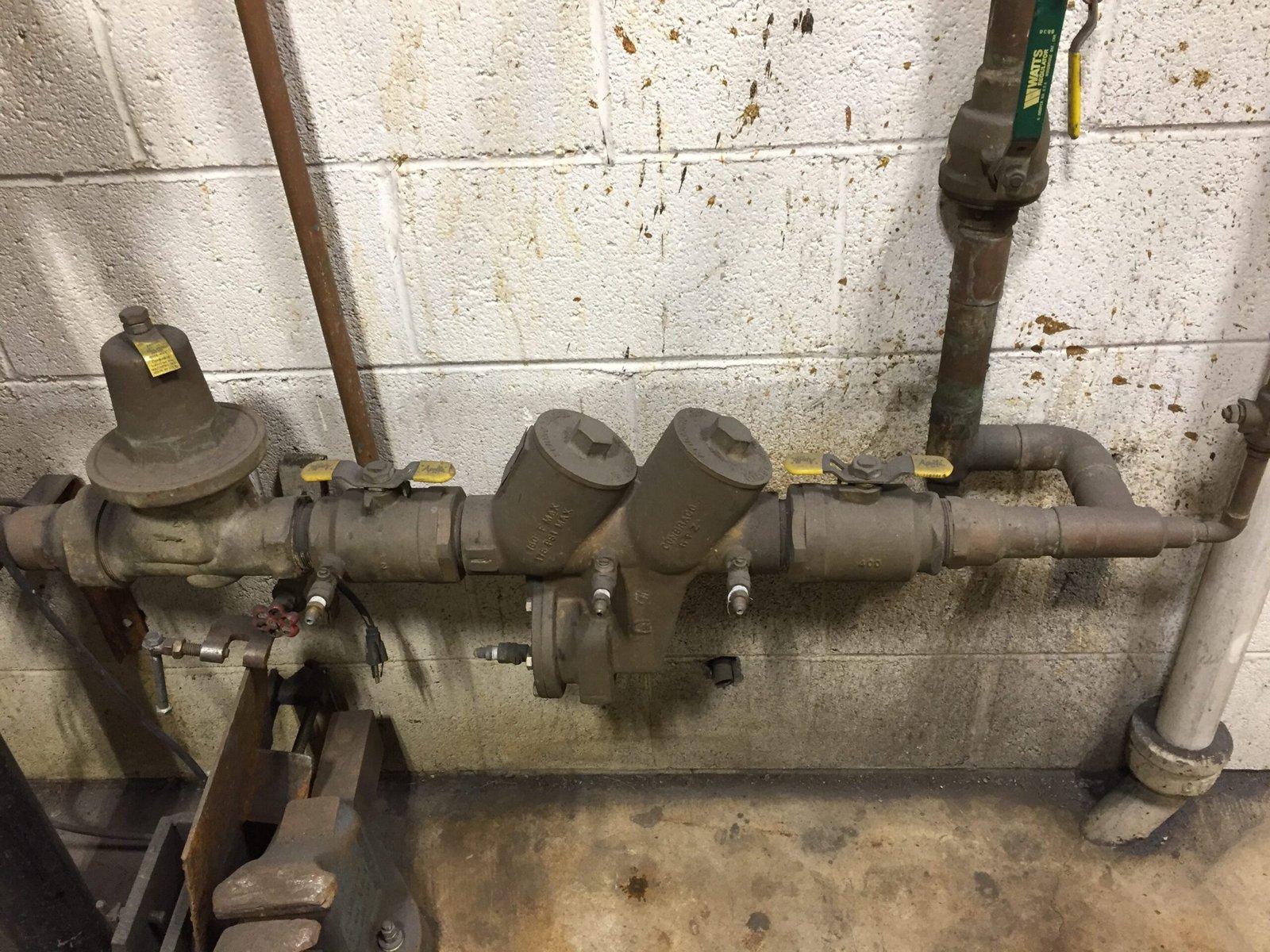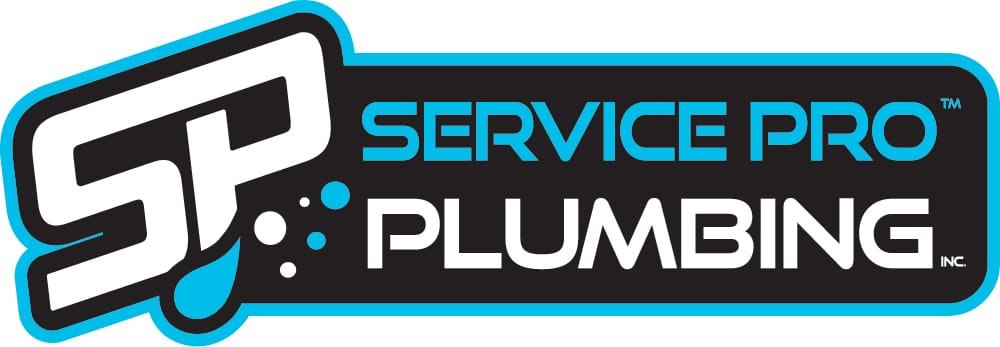How Often Should You Have Your Backflow Preventer Inspected in Vancouver?
Clean, safe drinking water is essential, but many people don’t realize just how easily it can become contaminated. A key component in keeping your water supply clean is the backflow preventer, which stops dirty water from flowing back into your home’s drinking water system. Like any plumbing component, it needs routine checks to ensure it’s functioning properly. So, how often should you have your backflow preventer inspected?
Whether you’re a homeowner or property manager in Vancouver, WA, understanding the best times to schedule inspections will keep your water safe, ensure code compliance, and help avoid costly problems. Here are the key situations when inspections are necessary.

1. Annual Inspection – It’s Required by Law
In Vancouver, WA, and many other areas, backflow preventers must be inspected at least once a year by law. Annual testing confirms that the device is functioning correctly and keeping contaminated water out of the potable water supply. Skipping these inspections can put your water system and health at risk, and may also result in penalties for noncompliance.
Make sure to hire a licensed plumber in Vancouver to conduct the test and submit certified results. A trusted Vancouver plumber can also remind you when your next inspection is due and keep records for future reference.
2. After Any Plumbing Work or Upgrades
Plumbing changes can disrupt the flow and pressure of your water system, potentially affecting the backflow preventer. If you’ve had work done such as replacing pipes, installing a new water heater, or re-routing plumbing, schedule an inspection right after the job is completed.
Even minor upgrades can impact water pressure in Vancouver, which is crucial to the effectiveness of the backflow device.
3. After Freezing Weather
Cold weather can damage pipes and backflow preventers are no exception. After a hard freeze, internal parts may crack even if external damage isn’t visible. Insulating the system helps, but it’s still smart to schedule a post-winter plumbing inspection in Vancouver, especially if you noticed unusual water behavior during the colder months.
Preventative maintenance like this helps avoid unexpected failures and ensures your system is fully operational. If you suspect damage, contact a 24-hour plumber in Vancouver, WA, to evaluate and repair the system quickly.
4. After a Leak or Water Pressure Issue
Leaks or sudden changes in water pressure can compromise your backflow preventer. Even small leaks may lead to imbalances that affect the device’s function. After leak repairs or pressure-related issues, a follow-up inspection will confirm the system hasn’t been disrupted.
Make sure to document all testing results for future comparison and compliance. This kind of record-keeping helps monitor the system over time and detect trends before they become major problems.
5. If You Notice Water Discoloration or Odors
Clear water is a must. If your water becomes discolored, cloudy, or develops an unusual odor, schedule a plumbing inspection in Vancouver, WA, immediately. These signs could indicate backflow contamination, especially if no other plumbing issues are present.
Don’t wait for your annual inspection. Early testing can protect your health and prevent further system damage. A professional plumber in Vancouver, WA, can also evaluate your pipes for hidden problems and recommend repairs or replacements if necessary.
Conclusion
Backflow preventers are essential for protecting your water supply but they only work when maintained properly. Regular inspections help identify issues early and ensure your water remains safe and clean.
Whether it’s your annual checkup or a response to plumbing repairs in Vancouver, freezing temperatures, or water discoloration, don’t delay. Inspection is simple, fast, and best handled by a licensed Vancouver, WA, plumber. Keeping your backflow preventer in top condition is one of the smartest ways to protect your home, your health, and your peace of mind.
Yes. Backflow assemblies must be tested at the time of installation, and a report must be submitted. There is no filing fee for a new or unregistered device
Yes. A failing or clogged backflow preventer can reduce water pressure, cause slow water flow, or create inconsistent pressure in fixtures.
